


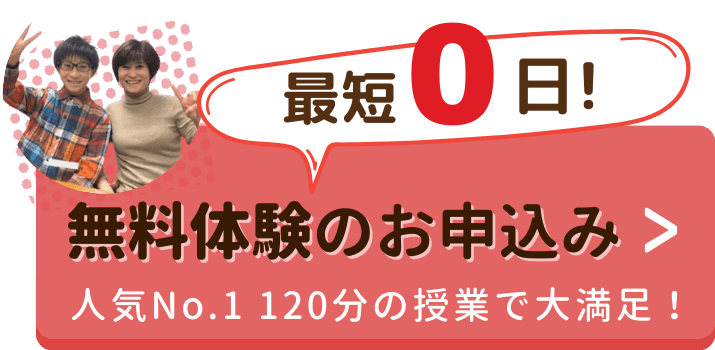
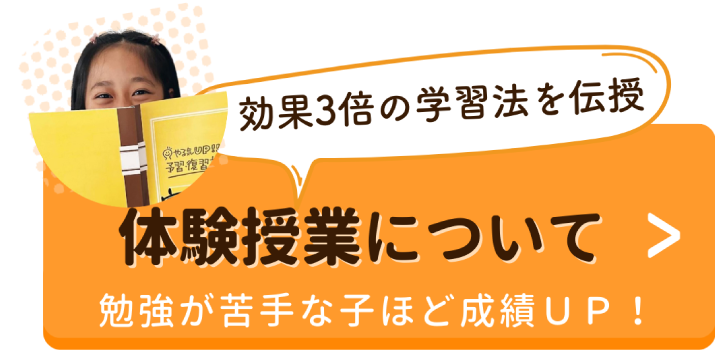
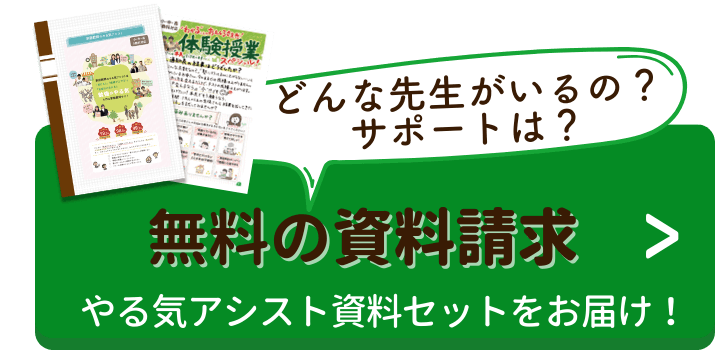

和歌山県の2022年3月実施の令和4年度(2022年度)入学者の公立高校入試問題の解説をしています。
受験勉強において、過去問を解くことはとても効果的な勉強法です。ぜひ、受験までに一度挑戦し、問題の傾向を掴んでおきましょう。合わせて、対策などをたてられるととても良いですね。
また、過去問で苦手な点が見つかった場合は、そこを中心に試験日当日までにしっかりと対策しておきましょう。
今年の和歌山県の英語は5つの大問で構成され、1つのリスニング問題、1つの英作文と3つの長文問題という構成になっています。
難易度としては標準です。英作文は30語以上やテーマこそ難しいですが、それ以外の長文問題はテーマも設問も易しい問題が多いです。
[問1]No.1~No.3の順に、それぞれ対話を1回放送します。 No.1~No.3の対話の内容に最も合う絵を、A~Dの中から1つずつ選び、その記号を書きなさい。
【放送内容】
No.1 母親:When is the sports day of your school this year?
男の子:It’s October twelfth.
No.2 女の子:Can you give me that book?
男の子:Yes. Where is it?
女の子:It’s on the table.
男の子:OK.
No.3 女の子:Look at this picture. The two dogs are very cute.
男の子:Yes. I think so, too. Who is the woman?
女の子:She is MIki, my friend.
男の子:Oh, I see. She has a nice bag.
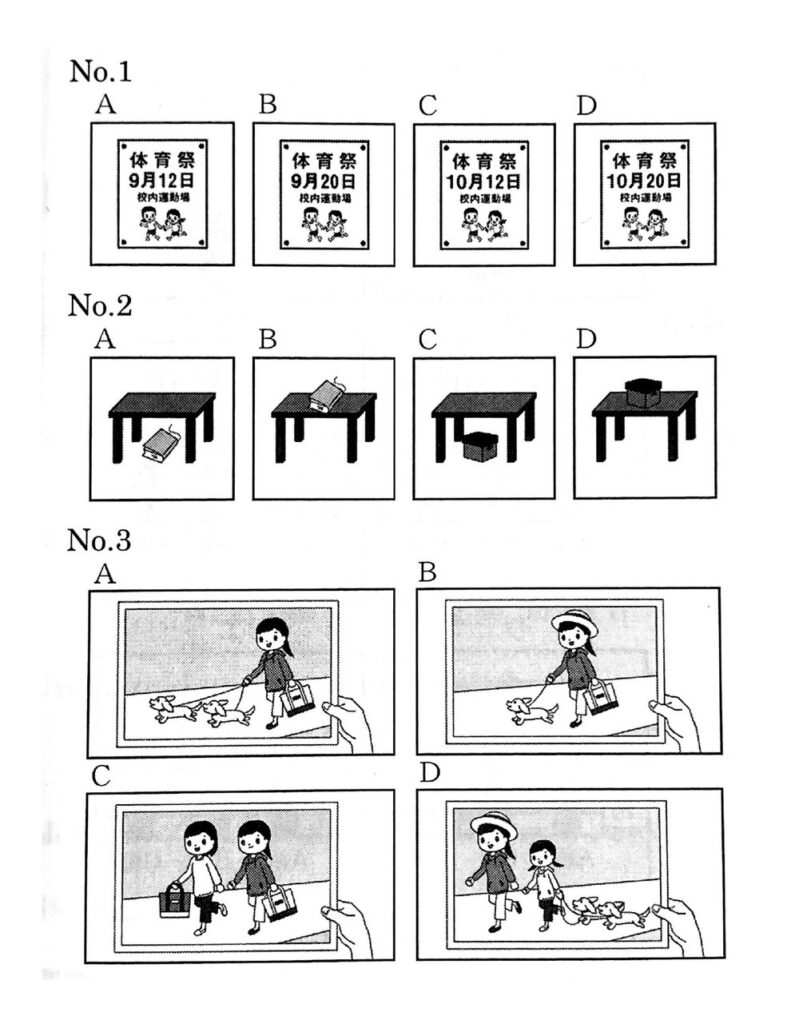
[問2]No.1,No.2の順に、それぞれ質問と英文を放送します。質問に対する答えとして最も適切なものを、A~Dの中から1つずつ選び、その記号を書きなさい。
【放送内容】
No.1
Hello, everyone. My name is Tanaka Yoshiko. I’ve been teaching English at this school for five years. I’ve lived in Wakayama City for ten years. I like playing the guitar. I play it almost every day. I also like traveling overseas. I’ve been to Australia three times. I want to tell you about cultures and food in foreign countries. Let’s enjoy English class together.
No.2
Hello. This is Kevin. I’ll arrive in Japan on August third and stay in Japan for two weeks. I’m interested in libraries in Japan. I want to visit some of them. I also want to see Japanese movies with you. I’m looking forward to seeing you.
No.1 英語の授業を担当する田中(Tanaka)先生が、授業の最初に英語で自己紹介をします。自己紹介の内容に合うものはどれですか。
A. Ms.Tanaka has been teaching English at the school for ten years.
B. Ms.Tanaka doesn’t live in Wakayama City.
C. Ms.Tanaka plays the guitar almost every day.
D. Ms.Tanaka hasn’t traveled overseas.
No.2 日本を訪れる予定の友人ケビンに、メモの項目についてたずねたところ、ケビンは留守番電話に回答をメッセージとして残していました。留守番電話の英語のメッセージを聞いた後、ケビンにもう一度たずねることとして最も適切なものはどれですか。
【メモ】
・日本への到着日
・日本での滞在日数
・日本で行きたい場所
・日本で食べたいもの
A. When will you come to Japan?
B. How long will you stay in Japan?
C. Where do you want to go in Japan?
D. What do you want to eat in Japan?
[問3]中学生の香織(Kaori)が英語の時間に行ったスピーチと、その内容について5つの質問を2回放送します。No.1~No.5の英文が質問の答えとなるように、□に入る最も適切なものを、A~Dの中から1つずつ選び、その記号を書きなさい。
【放送内容】
Today, I’ll talk about my dream. I love judo. I’ve been doing judo for nine years. I started it with my brother when I was five. When I was an elementary school student, I joined a judo school. Mr.Sato was my judo teacher. He was strong and very kind. I often talked with him after practicing. I liked him.
Now, I’m a member of the judo club. I practice judo hard every day. Last year, I joined a judo tournament in our city. On that day, I met Ben for the first time. He was a boy from India. He was very strong. After the tournament, I talked to him. We talked about many things like sports and music. We become good friends.
One day, he told me about his country. He told me that there weren’t many judo teachers in India. I was surprised to hear that.
I want many people to enjoy judo. We have many judo teachers in Japan, but there are some countries which need more judo teachers. I want to go to foreign countries to teach judo in the future.
Question No.1: How long has Kaori been doing judo?
Question No.2: Who was Mr.Sato?
Question No.3: When did Kaori meet Ben for the first time?
Question No.4: Why was Kaori surprised?
Question No.5: What is Kaori’s dream?
No.1 She has been doing judo □.
A. for one year
B. for five years
C. for nine years
D. for fourteen years
No.2 He was □.
A. a junior high school teacher
B. a student in the judo school
C. Kaori’s judo teacher
D. Kaori’s brother
No.3 She met him □.
A. when she joined a judo tournament
B. when she talked with her judo teacher
C. when she went to India
D. when she practiced judo in her school
No.4 She was surprised because she heard □ in India.
A. there were many music teachers
B. there were many judo teachers
C. there weren’t many music teachers
D. there weren’t many judo teachers
No.5 She wants □.
A. to teach music in elementary schools
B. to teach judo in foreign countries
C. to go to India to meet Mr.Sato
D. to go to judo schools in Japan
【解答】
[問1]
No.1 C No.2 B No.3 A
[問2]
No.1 C No.2 D
[問3]
No.1 C No.2 C No.3 A No.4 D No.5 B
【解説】
[問1]
No.1 男の子がOctober twelfthと言っている。
No.2 女の子がIt’s on the table.と言っている。
No.3 友達のミキは2頭の犬と写真に写っていて、彼女はバッグを持っている。
[問2]
No.1 田中先生はI like playing the guitar. I play it almost every day.と言っている。
No.2 ケビンは、日本への到着日、日本での滞在日数、行きたい場所については、それぞれ、8月3日、2週間、図書館と回答している。彼にもう一度たずねたいことは、日本で食べたいもので、DのWhat do you want to eat in Japan?となる。
[問3]
No.1 質問は、「香織はどのくらいの期間、柔道をやっていますか」。最初の方の、I’ve been doing judo for nine years.を聞き取る。
No.2 質問は、「サトウさんとはだれですか」。Mr.Sato was my judo teacher.を聞き取る。
No.3 質問は、「いつ、香織はベンに初めて会いましたか」。Last year, ~ in our city. On that day, I met Ben for the first time.を聞き取る。
No.4 質問は、「なぜ香織は驚いたのですか。」後半のHe told me that there weren’t many judo teachers in India. I was surprised to hear that.を聞き取る。
No.5 質問は、「香織の夢は何ですか」。香織は最後に、I want to go to foreign countries to teach judo in the future.と言っている。
次の英文は、高校生の由衣(Yui)が、販売実習について、英語の授業で行ったスピーチの原稿です。これを読み、[問1]~[問4]に答えなさい。
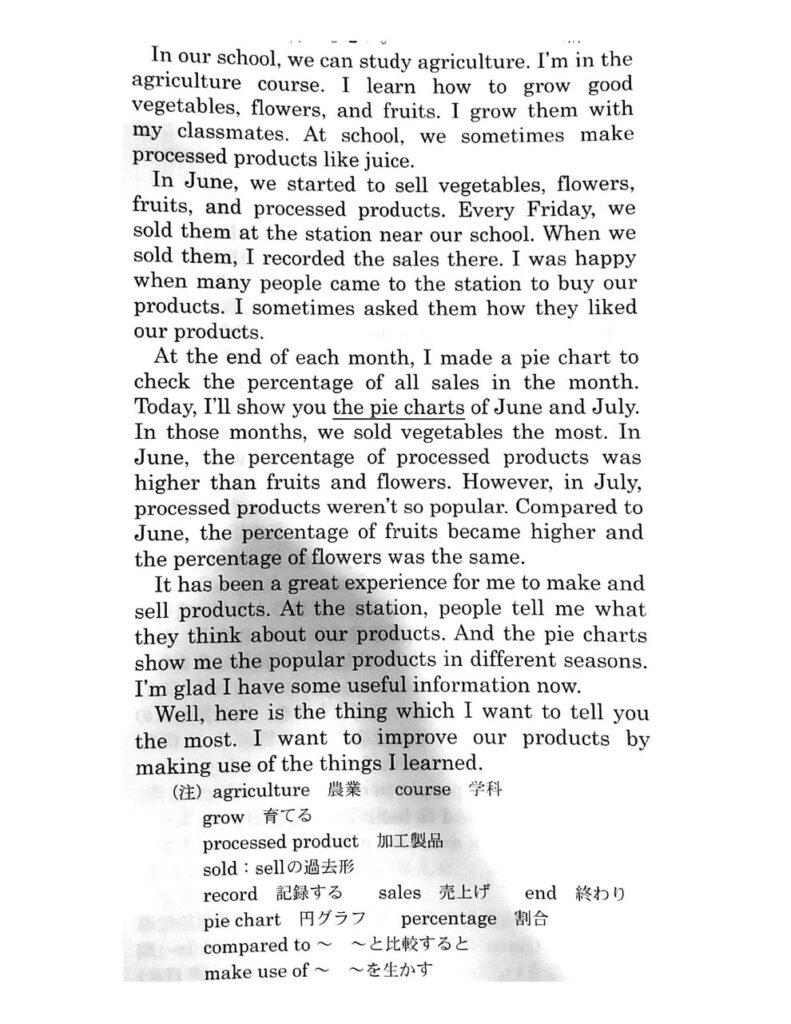
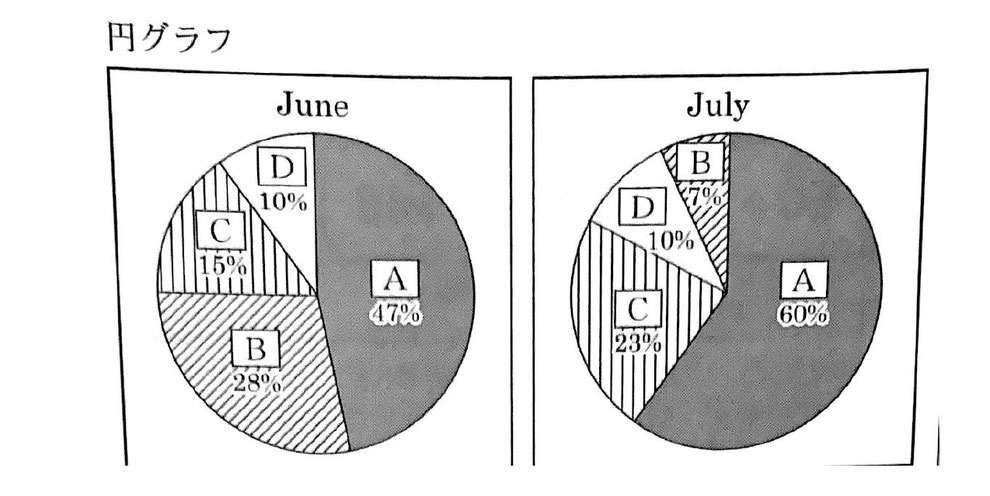
[問1]本文の内容に合うように、次の( )にあてはまる最も適切なものを、ア〜エの中から1つずつ選び、その記号を書きなさい。
Yui( ).
ア sold the products in her school
イ made juice at the station
ウ wanted to teach agriculture at school
エ recorded the sales at the station
[問2]文中の下線部the pie chartsについて、本文の内容に合うように、円グラフのA~Dにあてはまる最も適切なものを、次のア〜エの中から1つ選び、その記号を書きなさい。
ア vegetables
イ flowers
ウ fruits
エ processed products
[問3]由衣が、スピーチを通して一番伝えたいことはどのようなことですか。最も適切なものを、次のア~エの中から1つ選び、その記号を書きなさい。
ア Yui wants to make better products.
イ Yui wants to show her pie charts.
ウ Yui wants to record the sales.
エ Yui wants to think about more products.
[問4]由衣は、スピーチの後、ALT(外国語指導助手)のトム(Tom)と話をしました。次の対話文は、そのやりとりの一部です。これを読み、あとの(1),(2)に答えなさい。
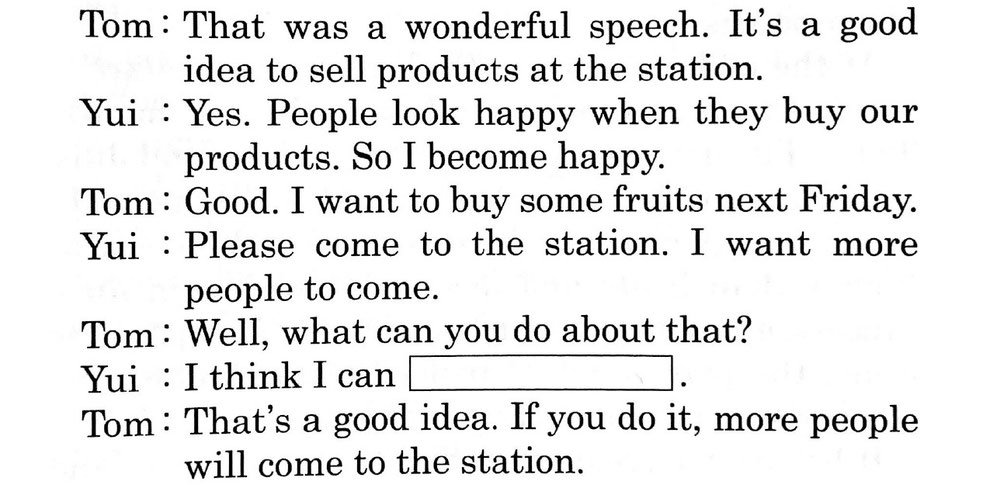
(1)対話の流れに合うように、文中の□にふさわしい英語を書きなさい。ただし、語数は2語以上とし、符号(.,?!など)は語数に含まないものとする。
(2)対話の内容に合う最も適切なものを,次のア〜エの中から1つ選び,その記号を書きなさい。
ア Yui could buy some fruit on Sunday.
イ Yui wants people to enjoy the products.
ウ Tom was sad to hear Yui’s speech.
エ Tom has a question about fruits.
【解答】
[問1]
エ
[問2]
A:ア B:エ C:ウ D:イ
[問3]
ア
[問4]
(1)(例)make posters (イ)イ
【解説】
[問1]
第二段落第2,3文(Every Friday, ~ , I recorded the sales there.)から、エが適切。
[問2]
A:第三段落第3文(In those month, we sold vegetables the most.)から、vegetablesが適切。
B:第三段落第4文(In June, the percentage of processed products was higher than fruit and flowers.)から、processed productsが適切。
C:第三段落第6文(Compared to June, the percentage of fruits became higher)から、fruitsが適切。
D:同じく第6文の後半(the percentage of flowers was the same)から、flowersが適切。
[問3]
最終段落の内容より、ア「由衣は、よりよい品物を作りたいと思っている」が適切。
[問4]
(1)由衣の「もっと多くの人に(駅に買いに)来てもらいたい」に対し、トムが「それについて、どんなことができますか」と聞いている。make poster「ポスターを作る」pass out fliers「チラシを配る」などが考えられる。
(2)
ア:「由衣は日曜日にいくらかのフルーツを買うことができた」このような内容は対話にはない。
イ:「由衣は人々に品物を美味しく食べてもらいたい」最初の由衣の発言(People look happy when they buy our products. So I become happy.)に一致。
ウ:「トムは由衣のスピーチを聞いて悲しかった」トムの最初の発言(That was a wonderful speech.)に不一致。
エ:「トムは、フルーツについての質問がある」トムはフルーツについて質問していないので、不一致。
次の英文は、高校生の正人(Masato)とALT(外国語指導助手)のサラ(Sara)の対話です。これを読み、[問1]~[問4]に答えなさい。
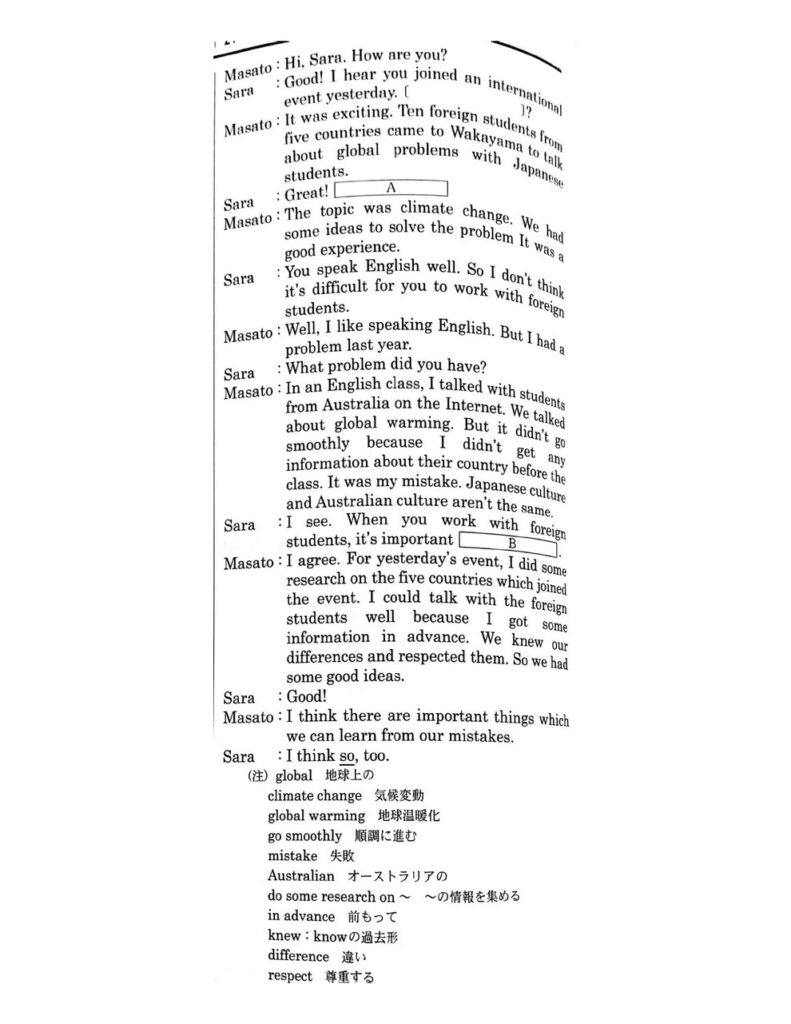
[問1]対話の流れに合うように、文中の〔 〕にふさわしい英語を書きなさい。ただし、語数は3語以上とし、符号(.,?!など)は語数に含まないものとする。
[問2]対話の流れに合うように,文中の【A】,【B】にあてはまる最も適切なものを、それぞれア〜エの中から1つずつ選び、その記号を書きなさい。
【A】
ア What did you talk about?
イ What did you do to help the students?
ウ What did you hear about the students?
エ What did you learn about the five countries?
【B】
ア to speak perfect English
イ to join the wonderful event
ウ to know each country has its own culture
エ to learn everything about Australian students
[問3]下線部soの内容を、日本語で具体的に書きなさい。
[問4]対話の内容に合う最も適切なものを、次のア~エの中から1つ選び、その記号を書きなさい。
ア Masato went to Australia to talk about climate change.
イ Masato talked with students from ten countries in the event
ウ Masato did some research on global warming after the event
エ Masato learned about the five countries before the event he joined
【解答】
[問1]
(例)How was it(?)
[問2]
A:ア B:ウ
[問3]
(例)失敗から学ぶことのできる重要なことがあるということ。
[問4]
エ
【解説】
[問1]
正人がIt was exciting.と感想を述べているので、How was it?「いかがでしたか」などが適切。
[問2]
A:正人がThe topic was climate change.「話題は気候変動でした」と答えているので、ア「何について話し合ったのですか」が適切。
B:正人がIt was my mistake. Japanese culture and Australian culture aren’t the same.と言った後の発言なので、ウのto know each country has its own cultureを入れ、「外国の学生と話し合う時は、それぞれの国には独自の文化があると知っておくことが大切だ」とするのが適切。
[問3]
soは直前の正人の言葉(there are important things which we can learn from our mistakes)を指している。
[問4]
ア:「正人は気候変動について話すためにオーストラリアに行った」正人の5番目の発言(I talked ~ on the Internet)に不一致。
イ:「正人はイベントで10か国の学生たちと話した」正人の2番目の発言(Ten foreign students from five countries ~)に不一致。
ウ:「正人はイベントのあと、地球温暖化の情報を集めた」このような発言は対話中にない。
エ:「正人は参加するイベントの前に、5か国について学んだ」正人の6番目の発言に一致。
あなたは、英語の授業で、ALT(外国語指導助手)にあなたが住んでいる町のお気に入りの場所を紹介することになりました。次の□に、お気に入りの場所を1つ挙げ、理由や説明を含めて、30語以上の英語で書きなさい。ただし、符号(.,?!など)は語数に含まないものとする。
Hello, I’ll talk about my favorite please, today.
□
Thank you.
【解答例】
My favorite place is a library in my city. I like the library because it has a lot of interesting books. My friends and I often go there to borrow books.
次の英文は、高校生の和紀(Kazuki)が、英語の授業で行ったスピーチの原稿です。これを読み、[問1]~[問6]に答えなさい。
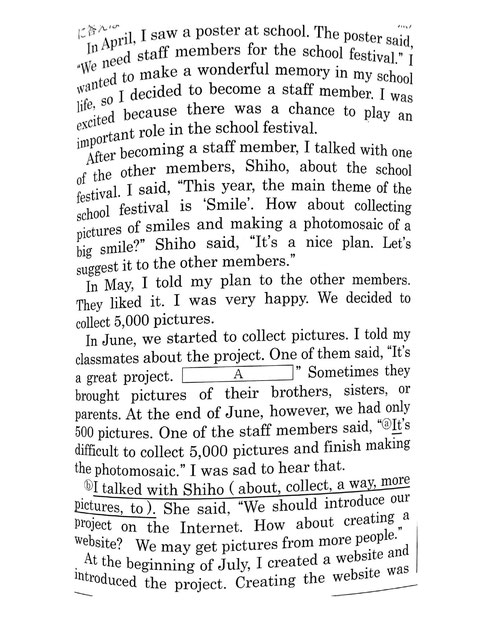
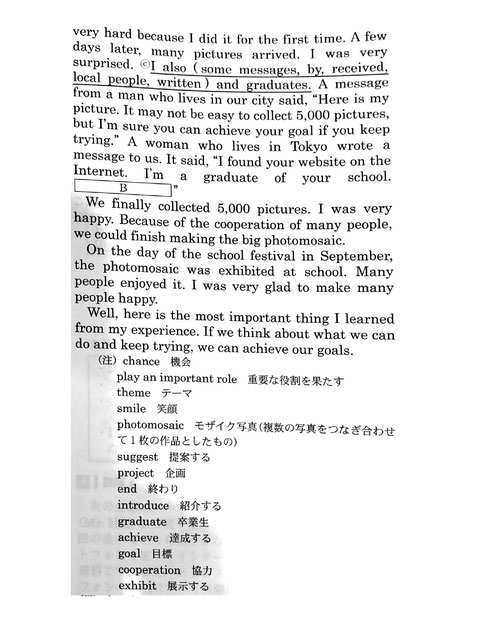
[問1]本文の流れに合うように、文中の【A】,【B】にあてはまる最も適切なものを、それぞれア~エの中から1つずつ選び、その記号を書きなさい。
【A】
ア I will join the school festival and buy a picture.
イ I will take my picture and bring it to you.
ウ I will tell my friends how to collect pictures at the school festival.
エ I will help my friends send pictures to Tokyo.
【B】
ア I’m grad to receive your picture at the school festival.
イ I’m grad to start collecting 5,000 pictures.
ウ I’m glad to suggest the project to your team.
エ I’m glad to support your project by sending my picture.
[問2]下線部ⓐItの内容を、日本語で具体的に書きなさい。
[問3]下線部ⓑ,ⓒについて、それぞれ本文の流れに合うように( )の中の語句を並べかえ、英文を完成させなさい。
[問4]次の(1),(2)の質問の答えを、それぞれ英語で書きなさい。
(1)What did Kazuki decide to become to make a wonderful memory?
(2)When was the school festival?
[問5]次のア~エの英文を、本文の流れに合うように並べかえると、どのような順序になりますか。その記号を書きなさい。
ア Kazuki and the other members decided to collect 5,000 pictures.
イ Kazuki and the other members finished making the big photomosaic.
ウ Kazuki created a website to introduce the project.
エ Kazuki read a message from a woman living in Tokyo.
[問6]和紀が、自身の経験を通じて学んだ最も大切なことはどのようなことですか。日本語で書きなさい。
【解答】
[問1]
A:イ B:エ
[問2]
5,000枚の写真を集めてモザイク写真を作り終える事。
[問3]
ⓑ(I talked with Shiho)about a way to collect more pictures(.)
ⓒ(I also)received some messages written by local people(and graduates.)
[問4]
(1)(例)He decided to become a staff member (for the school festival).
(2)(例)It was in September.
[問5]
ア→ウ→エ→イ
[問6]
(例)私たちに何ができるかを考え、努力し続ければ、目標を達成することができるということ。
【解説】
[問1]
A:空所直前の3文から、写真を集めようとしている和紀たちの考えを、クラスメートに話す場面。空所前後から、クラスメートの賛同を得たことがわかるので、イが適切。
B:和紀が通っている高校の卒業生がウェブサイトを見てメッセージを送ってくれたことから、エ「私の写真を送ることであなたたちの企画を支援出来てうれしい」が適切。
[問2]
Itは仮主語でto collect以下を指している。その部分を日本語で表す。
[問3]
ⓑ英文全体は「私はもっとたくさんの写真を集める方法についてシホと話した」となる。
ⓒwritten by local people (and graduates)がsome messagesを後ろから修飾する。
[問4]
(1)質問は「和紀はすばらしい思い出を作るために何になることに決めたか」。第一段落第2,3文参照。
(2)質問は「文化祭はいつだったか」。終わりから2段落目を参照。
[問5]
ア「和紀とほかのメンバーたちは写真を5,000枚集めることにした」(5月:第三段落)→ウ「和紀は企画を紹介するためにウェブサイトを立ち上げた」(7月初旬:第六段落)→エ「和紀は東京在住の女性からのメッセージを読んだ」(第六段落中ほど)→イ「和紀とほかのメンバーたちはモザイク写真の作成を完了した」(第七段落)。
[問6]
スピーチの最後の文を参照。think about what we can do「私たちが何ができるかを考える」
家庭教師のやる気アシストは、過去の入試問題も分析し和歌山県の入試問題の傾向やチェックポイントなどをまとめて、受験対策を行っています。
家庭教師のやる気アシストは高校受験に強い家庭教師!昨年度の合格率は、関西エリア全体で97.3%という結果を残すことが出来ました!その 高い合格率の秘訣は、過去問を分析した対策や指導経験豊富な先生の指導力に加え、1対1の指導でお子さん一人ひとりの状況に合わせた、お子さんだけのカリキュラムで勉強が進められるから!
家庭教師のやる気アシストなら、お子さんの志望校に合わせた指導で合格まで全力でサポートさせて頂きます!
受験当日までの限られた時間です。少しでも気になった方は、すぐにお問合せ下さい!
1日でも早く対策を始めることが合格への近道です。
お子さんにとって「成果が出る勉強法」ってどんな勉強法だと思いますか?
お子さんそれぞれに、個性や性格、学力の差もあります。そんな十人十色のお子さん全員に合う勉強法ってなかなかないんです。
たからこそ、受験生の今だけでもお子さんだけの勉強法で受験を乗り越えてみませんか?
やる気アシストには、決まったカリキュラムはありません。お子さんの希望や学力、得意や不得意に合わせて、お子さんだけのカリキュラムで指導を行っていきます。また、勉強法もお子さんそれぞれに合う合わないがあります。無料体験授業では、お子さんの性格や生活スタイルを見せていただき、お子さんにとって効率的な成果の出る勉強のやり方をご提案させて頂きます。

